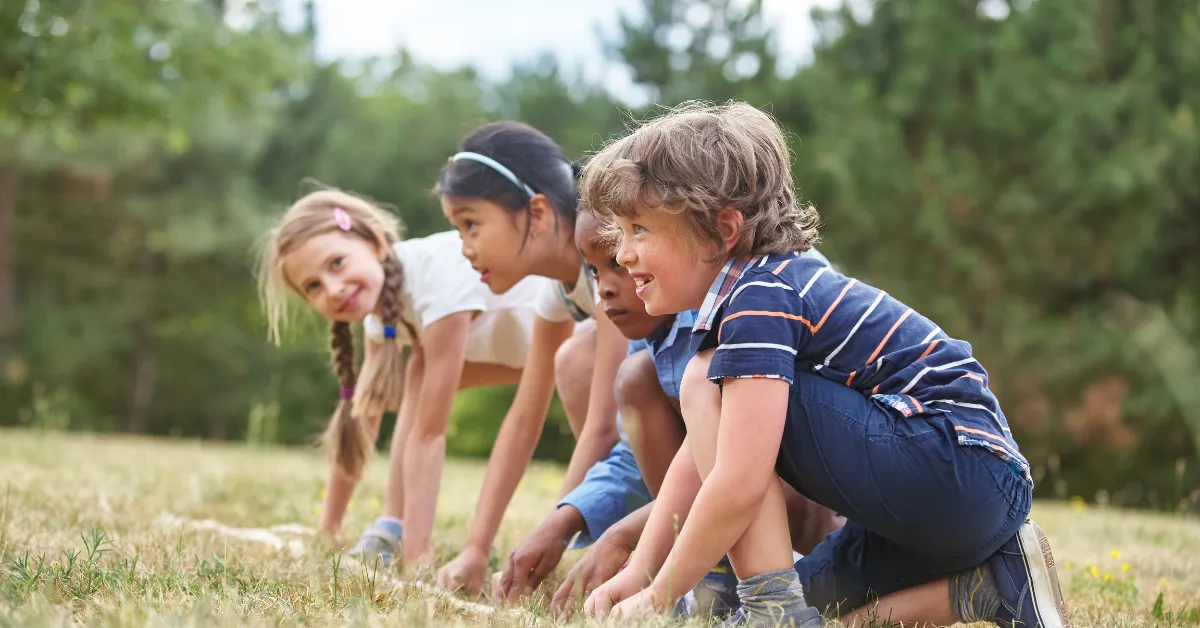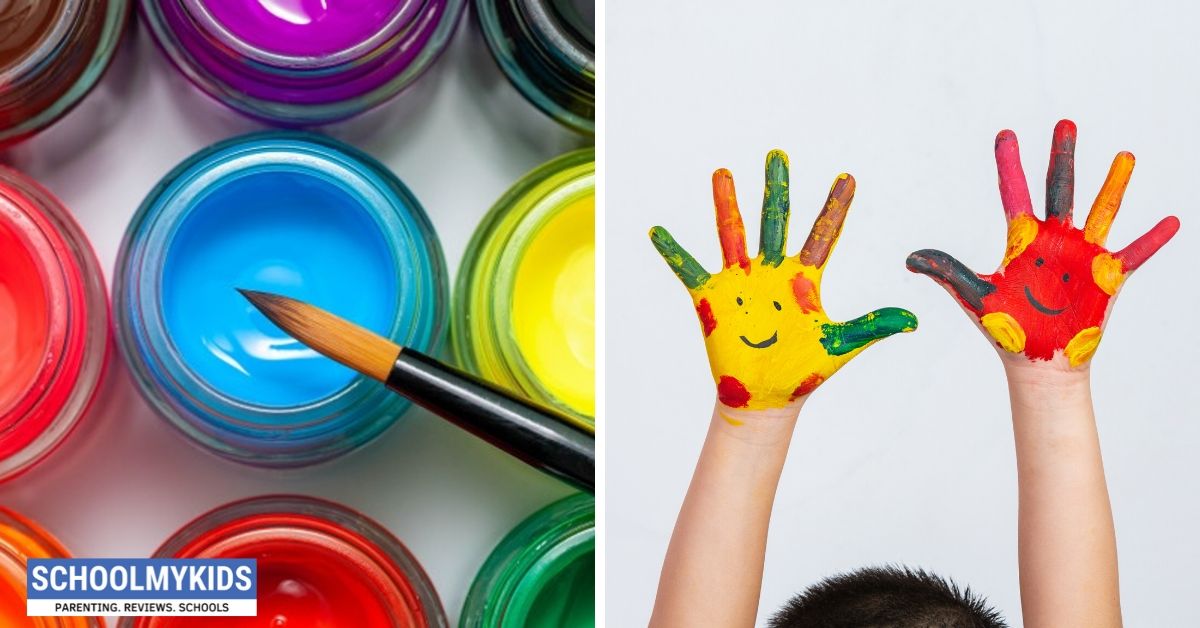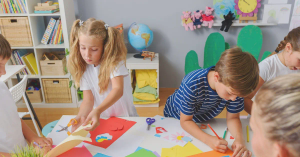Remember that time when your child froze at the doorway of a birthday party or clung to your leg on the first day of school? Those moments of social anxiety are incredibly common, and they remind us that for kids, making first impressions can feel as daunting as a mountain climb. The good news is that with some gentle guidance, children can learn to navigate these social waters while staying true to who they are.
First impressions aren't about putting on a show - they're about allowing the best parts of a child's natural personality to shine through. Whether it's meeting a new teacher, joining a sports team, or entering an unfamiliar playground, kids need practical strategies that work in real-world situations. This guide offers parents simple, actionable advice to help children make positive connections while still being authentically themselves.
The School Setting: Beyond the First-Day Jitters
The classroom is often where children feel the most pressure to fit in. Parents can help by role-playing different scenarios beforehand. Practice simple greetings like "Hi, I'm Alex" or asking questions like "What's your favorite subject?" These small conversation starters can help break the ice.
It's also helpful to remind kids that teachers notice good listeners. Encourage your child to make eye contact when the teacher is speaking and to raise their hand before sharing thoughts. This shows respect and engagement without requiring them to be the most outgoing students in class.
For children who are naturally quiet, let them know it's okay to ease into new relationships. Quality friendships often develop slowly, and there's no need to win over the entire class on day one.
Playground Politics: Finding Their Place
Playgrounds can be intimidating social battlegrounds for kids. Before heading to a new park, talk with your child about sharing and taking turns. These simple courtesies often open doors to play opportunities.
Teach your child to look for others who might be playing alone. A simple "Can I play too?" or offering to include someone else in their game shows kindness and confidence. Parents can practice these phrases at home to make them feel more natural.
For shy children, suggest they bring a favorite toy or game that others might enjoy. This creates a natural opportunity for interaction without putting too much pressure on conversation skills.
Birthday Parties and Social Gatherings: Comfort in the Chaos
Large gatherings can overwhelm even the most sociable kids. Before attending, talk about who might be there and find out if any familiar faces will be present. Having one "ally" can make the entire experience less daunting.
Teach your child the value of a genuine smile and a polite greeting to the host. A simple "Thank you for inviting me" goes a long way. Practice these social graces at home so they become second nature.
For children who struggle with large groups, it's perfectly fine to start by engaging with just one or two other kids. Quality connections matter more than quantity and forcing too many interactions can feel inauthentic.
Sports Teams and Clubs: Showing Team Spirit
When joining a new activity, encourage your child to show enthusiasm and willingness to learn. Coaches and instructors appreciate students who pay attention and try their best, even if they're not the most skilled.
Help your child understand that asking questions shows intelligence, not ignorance. Phrases like "Could you show me how to do that?" demonstrate both humility and eagerness to improve.
Remind children that supporting teammates is just as important as personal achievement. Cheering for others and offering encouragement builds a positive reputation quickly.
Balancing Authenticity and Social Skills
Throughout all these scenarios, the key message for children should be that making friends doesn't require changing who they are. Instead, it's about showing the best version of themselves while respecting others.
Parents can explain the difference between putting their best foot forward and pretending to be someone else. Good impressions come from genuine kindness, respect, and interest in others – not from acting a part.
Practical Tips for Parents to Share with Kids
- Be a good listener: Show interest by asking questions and remembering details about new friends.
- Offer help: Looking for ways to be helpful shows thoughtfulness.
- Practice basic courtesies: ‘Please’, ‘thank you’, and ‘excuse me’ open many doors.
- Find common ground: Shared interests make conversation easier.
- Respect personal space: Not everyone enjoys hugs or close contact right away.
- Recover gracefully: If something goes wrong, a simple apology shows maturity.
- Stay positive: Complaining rarely makes a good impression.
When Things Don't Go as Planned
It's also important to prepare children for the reality that not every interaction will go perfectly. Help them understand that one awkward moment doesn't define them and that everyone feels nervous sometimes.
Teaching resilience alongside social skills helps children bounce back from minor setbacks. Rather than dwelling on what went wrong, encourage them to look for the next opportunity to connect.
Conclusion
While first impressions matter, parents should emphasize that relationships develop over time. A good start simply opens the door to deeper connections that will form as children share experiences and build trust.
By focusing on kindness, respect, and being themselves, kids can approach new situations with confidence rather than anxiety. These fundamental social skills will serve them well not just on the first day but throughout their lives.






